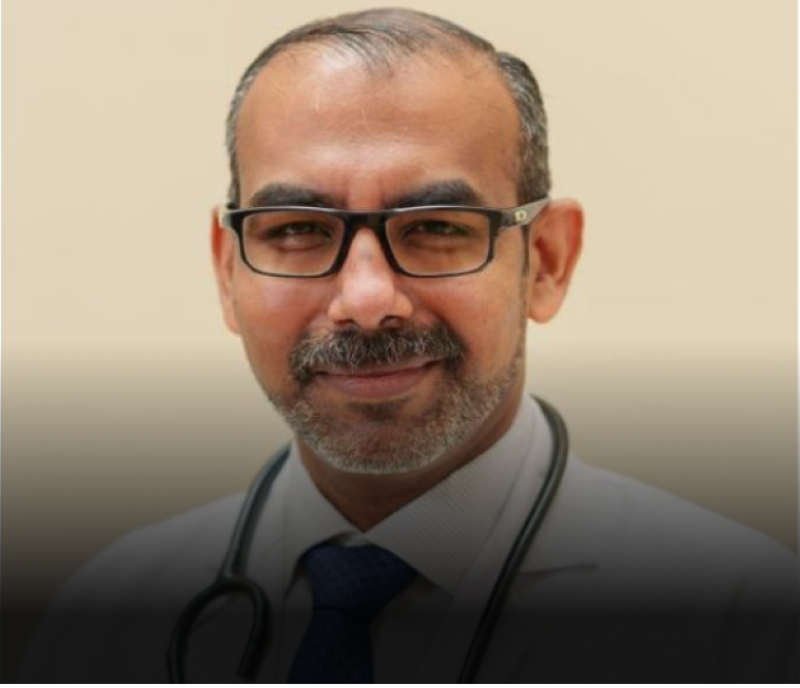
In the ever-evolving noisy world we inhabit, the significance of hearing cannot be overstated. A misunderstood word has the potential to escalate hostilities and in extreme cases, even spark wars.
World Hearing Day is a campaign held each year by the Office of Prevention of Blindness and Deafness of the World Health Organisation, and the prevailing theme for this year is ‘Changing mindsets: let’s make ear and hearing care a reality for all!’
It is a rallying cry for action in a world where, despite the revolutionary strides of artificial intelligence, more than 80 per cent of global ear and hearing care needs are unmet.
Regrettably, societal misperceptions and stigmatising attitudes remain barriers to addressing and preventing hearing loss.
To change these mindsets, we must first dispel common myths surrounding ear care.
The belief that earwax requires regular cleaning needs to be replaced with the understanding that ears are self-cleansing, necessitating medical attention only in the event of blockage or hearing impairment.
Equally misguided is the notion that cotton buds are suitable for ears. They are not designed for this purpose, and using them can lead to complications.
When confronted with ear pain or discharge, the inclination to resort to home remedies often prevails, sidelining the need for professional health intervention.
Hearing loss, too, is plagued by myths.
Many assume it only afflicts the elderly, oblivious to the fact that it can strike at any age. Furthermore, several types of hearing loss are preventable, but societal stigma surrounding the use of hearing aids often deprives those in need of a better life through improved hearing.
Noise-induced hearing loss is a preventable condition that, if left unchecked, can result in permanent impairment.
Raising awareness about the hazards of prolonged exposure to loud sounds, both recreational and occupational, is crucial in limiting, if not preventing, such occurrences.
Screening the at-risk population, including those with chronic conditions like diabetes, is paramount. Accommodating individuals with hearing loss requires knowledge, such as speaking clearly and slowly in well-lit areas free from background noise. Inclusion in all activities is not just an ethical imperative, but an essential step towards a more compassionate society.
Early recognition of hearing deficits and prompt, appropriate management are pivotal in enhancing the quality of life for those affected.
On this World Hearing Day, let us commit to dispelling myths, changing mindsets and making ear and hearing care a universal reality.
To book an appointment, call 1717 7711 or WhatsApp 3364 417.
Send us your company’s news today and they could be featured on ABC’s Community News tommorow.